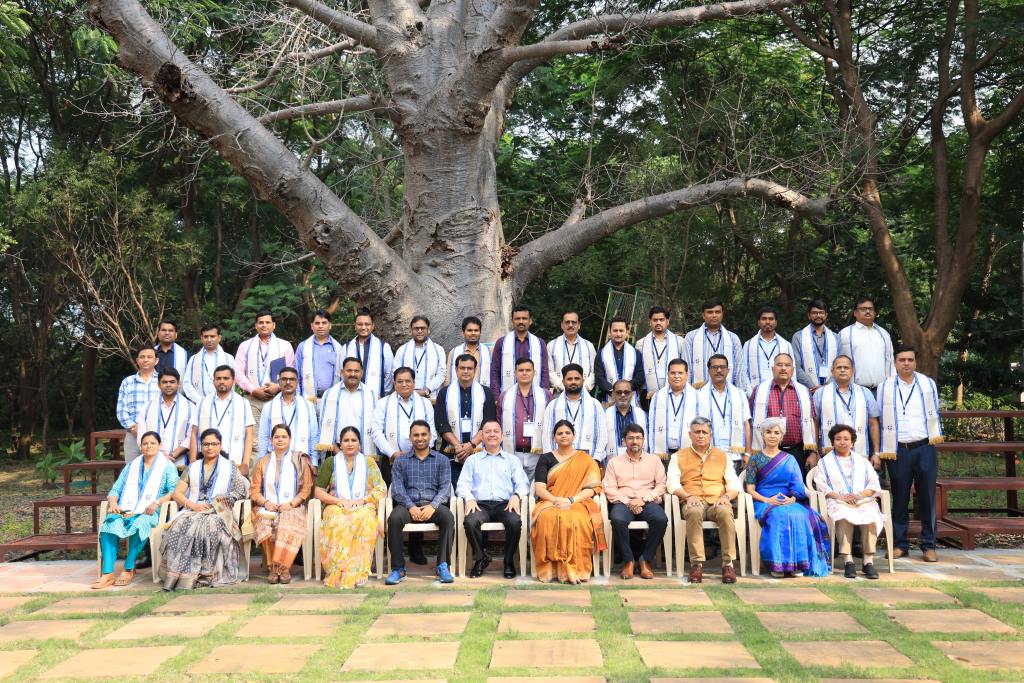IIM Indore Concludes Latest Batch of Leadership Excellence Programme under ANVESHAN Centre of Excellence
- IIM Indore conducts Shram Daan with swachhata champions from across seven states
IIM Indore successfully concluded its latest batch of the Leadership Excellence Programme under ANVESHAN, the institute’s Centre of Excellence for Waste Management and WASH (Water, Sanitation, and Hygiene), in collaboration with the Ministry of Housing and Urban Affairs (MoHUA). The four-day programme, held from September 22 to 25, brought together 37 senior commissioners and CMOs from seven states, namely, Madhya Pradesh, Uttar Pradesh, Maharashtra, Jharkhand, Himachal Pradesh, Bihar, and Chhattisgarh, for a comprehensive learning experience.
Prof. Himanshu Rai, Director, IIM Indore, highlighted the importance of education, awareness, and janbhagidari for nation-building. “Leadership is about taking responsibility and creating impact. True education frees us from the notion of ‘this isn’t my responsibility.’ Together with MoHUA, we aim to nurture leaders who drive India towards a cleaner, healthier future,” he said. He further emphasized that leadership in the context of urban transformation is not limited to policies or systems but lies equally in inspiring communities and enabling collaboration at every level. Reflecting on Indore’s success story, he noted that the city became a model for the nation not just because of efficient systems but because of collective ownership, continuous innovation, and the belief that change is possible. He urged participants to replicate this spirit in their own cities, blending knowledge with empathy and vision with action.
The programme featured an exceptional lineup of sessions covering critical aspects of urban governance, sanitation, and waste management. Topics included accelerating SBM-U 2.0 implementation, integrated solid waste management, offering holistic approaches that combined innovative practices with practical solutions; organic and wet waste management, optimizing dry waste collection, segregation, and transportation, and managing end-to-end city-level solid waste operations. Participants also explored legacy waste remediation, used water management for small and medium cities, and behavioral change communication and community participation strategies.



